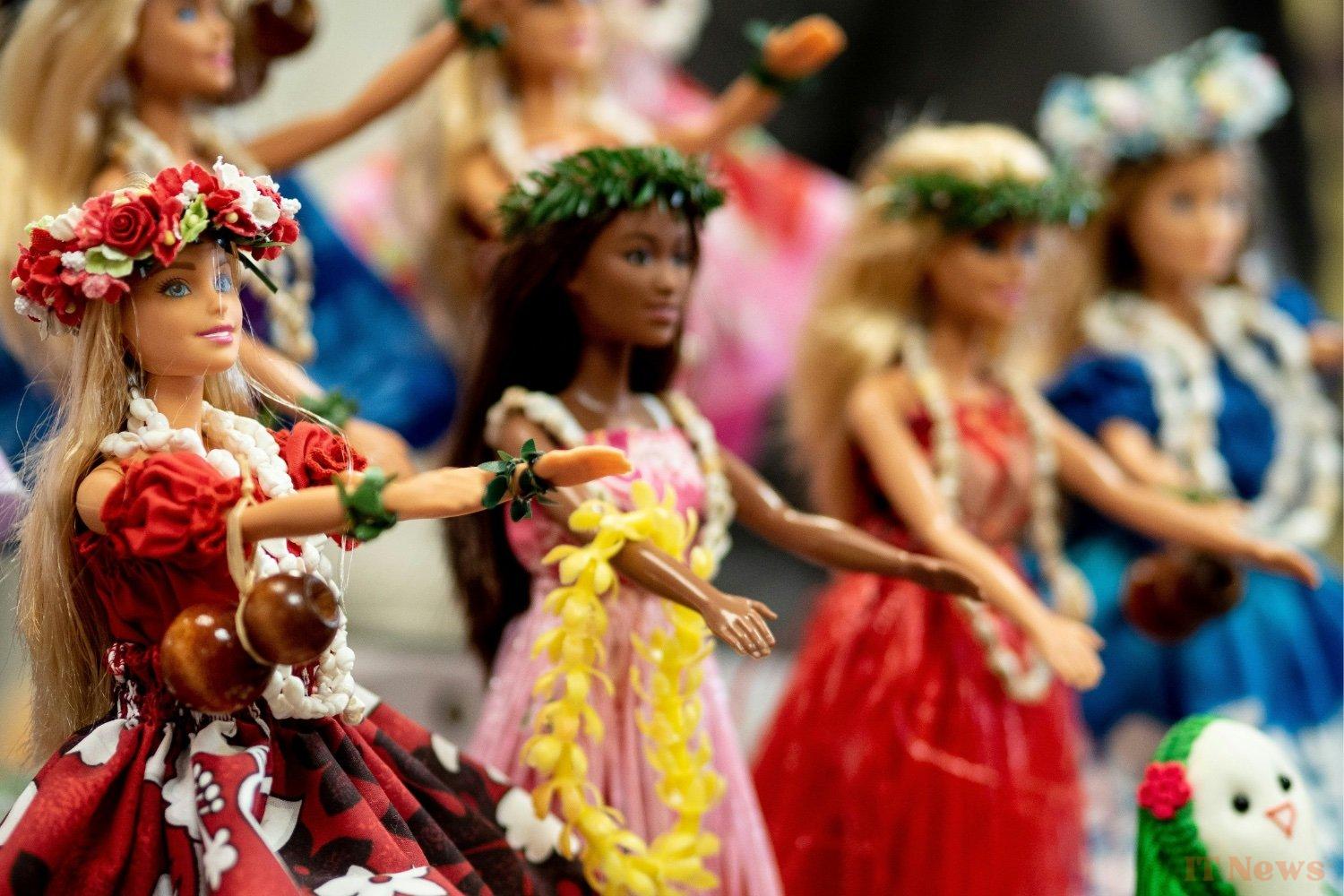The boss of Mattel has no intention of relocating its factories to the United States. Interviewed on CNBC, Ynon Kreiz dismissed this idea out of hand. So, there's no return to "made in the USA," even with the tariffs imposed by Donald Trump on Chinese products. On the other hand, American consumers will pay a little more for their toys at Christmas.
Toys will cost more this year
To offset the costs related to the trade war, Mattel is relying on several levers. One of the main ones? A price increase, which Kreiz described as a "tariff action." In other words: sorry parents, the dolls will cost more. But there's no question of scaring away customers either. According to market observers, about half of the products are expected to remain below the $20 mark.
The situation is uncertain enough that Mattel has decided to withdraw its annual forecasts. In its first-quarter report, the company cited an overly volatile macroeconomic climate, between inflation, sluggish consumption, and unpredictable customs policies. And above all, a complete lack of clarity regarding end-of-year sales. Not reassuring for a company whose revenue is largely determined during the holidays.
To cope, Mattel is tightening the screws. The savings target has been revised upwards, from $60 million to $80 million. On the agenda: fewer promotions, fewer discounts, and a cut in staff. More than 100 employees at the California headquarters were laid off at the end of March.
Another stated priority: no longer depending solely on China. Currently, around 80% of the world's toys come from this country—a statistic that hasn't escaped Trump, who recently declared: "Maybe children will have two dolls instead of 30." A statement that has caused quite a stir in the industry.
Ynon Kreiz, for his part, wants to diversify supply sources: within two years, no country will be expected to account for more than 25% of Mattel's toy manufacturing. In addition to China, the brand already manufactures in Indonesia, Malaysia, and Thailand—countries that are also affected (at least temporarily) by the new US tariffs.
The Mattel CEO also expressed solidarity with the Toy Association, which is calling for an exemption from customs duties. He defends the idea that toys are not a luxury, but "an essential part of children's lives." And he knows what he's talking about: under his leadership, Barbie had its best sales year ever in 2021.



0 Comments